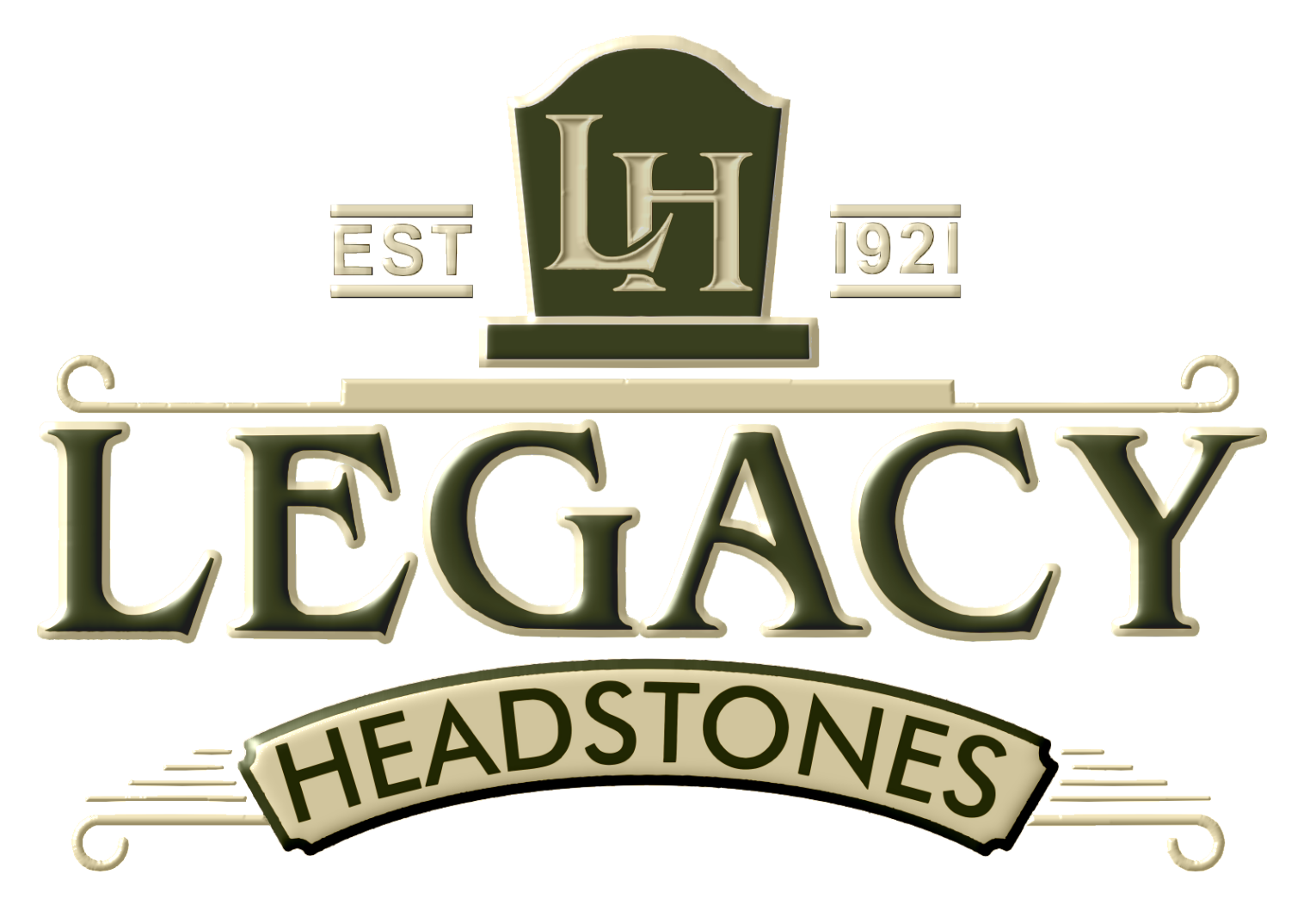Whether you’re preparing your own final arrangements or those of a loved one, you have a lot to consider. Among the planning, it can be difficult to decide between a cremation or burial. Before you choose, it's important to have a good understanding of your options. To make things easier, the experts at Legacy Headstones have compared cremation vs. burial so you can make your decision with complete confidence.
What is a Burial?
According to the BBC's Science Focus Magazine, the oldest known burial took place 130,000 years ago. As the most traditional option of final disposition, burials occur when the deceased's body is placed in a metal or wooden case before being lowered into an excavated site and covered with soil. Additionally, a traditional burial allows for slow and natural decomposition. A traditional burial is usually followed (or preceded) by a strict series of events, which may include a viewing, a funeral ceremony and much more.
What is Cremation?
A more contemporary choice, cremation occurs when the body of the deceased is exposed to temperatures ranging from 1,400 to 1,800 degrees Fahrenheit. This amount of heat reduces the body to ash and bone fragments within a matter of hours. In a report by the National Funeral Directors Association, 50.2% of Americans opted for cremation in 2016. The report predicted cremation to continuously surpass burials in the future. Cremation services allow you to pick and choose how you want to honor the deceased à la carte. As opposed to a funeral, you may choose to scatter your loved one’s ashes, display them at home in an urn, or divide the remains into jewelry for other family members and friends to have.
Cremation vs. Burial Pros and Cons
As you consider burial vs. cremation, one of the main things to keep in mind is the flexibility of options that are available to you. We take a closer look at each option's pros and cons below.
Cremation Pros & Cons
The process of cremation is typically more cost efficient than a burial, and it also takes place quicker. Once the deceased's body has been cremated, loved ones have more time to decide what they wish to do with the remains. This is different from a burial, which is more time-sensitive. Whether loved ones decide to scatter the ashes or keep them in an urn, they can rest assured knowing this is a more environmentally friendly option. Cremation also takes up less land, so you won't have to worry about picking a plot in an overcrowded cemetery.
It's important to keep in mind that cremation is a permanent decision. While this may not be a direct drawback, it adds more severity to the decision-making process. Additionally, sometimes loved ones find it more difficult to mourn when the deceased doesn't have a burial plot and final resting place.
Burial Pros & Cons
The burial process provides a gravesite for friends and family to visit, which can help loved ones feel that they have closure. Many people prefer this method because it is more traditional than cremation. Additionally, the deceased body can be exhumed from its burial plot at a later date, if necessary. Due to the finality of cremation, this isn't really an option.
On the other hand, caskets are more of an environmental contaminant than cremation ashes. Also, burials typically cost more than cremating a loved one, increasing the burden on those left behind.
Cremation or Burial: Comparing Religious Perspectives
For many people, religion and spirituality greatly impact their final resting place. Historically, Eastern Orthodox Catholicism, Islam and Orthodox Judaism deny or forbid the process of cremation. With these religions, burial is the typical and traditional choice. However, in recent years, the decision to be cremated has become ostensibly less taboo than it was in the past.
Other religions have been more accepting of cremation. Hindus, who believe in reincarnation, feel burning the dead helps rid any sense of attachment from soul to body. In other faiths like Buddhism, Jainism and Sikhism, cremation is an acceptable form of final disposition. Additionally, in Baptism, Protestantism, Methodism and other Christian denominations, the body may be cremated before or after the funeral service.
Choose Legacy Headstones to Help Honor Your Deceased Loved Ones
We fully understand how debating cremations vs. burials can be a difficult, emotional process. Let the experts at Legacy Headstones help. When you work with us, we guide you through the process and provide expert tips each step of the way. Regardless of whether you choose cremation or burial, you'll find Legacy Headstones has the perfect selection to honor your deceased loved ones. We offer a wide variety of memorial items to provide your loved one with a beautiful and peaceful resting place. Contact us today with any questions, and a member of our courteous staff will be glad to assist.
